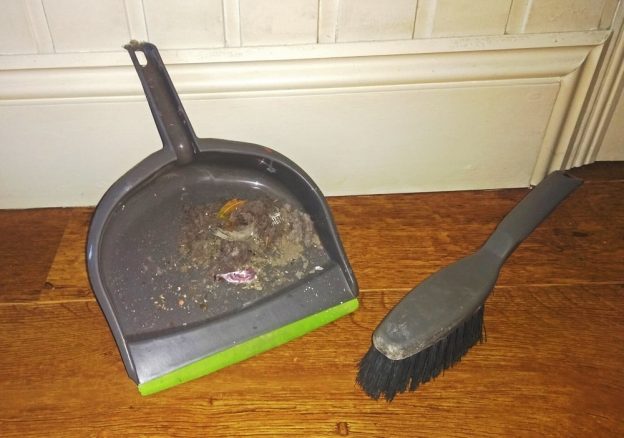First things first – I have had some pretty big challenges to live through this year.
And like all the other difficult, painful and, let’s face it, frankly unwanted experiences of my life, they have been a reason for further development in myself. A deepening of understanding. An increase in trust. New insights and more uncovering of those old beliefs and embedded stories that kept me trapped in ways of thinking, feeling and behaving.
Don’t get me wrong – I’d rather not have had to walk on the coals – but there are benefits, and as I emerge back out of the tunnel I’ve been in for quite a while, I can see and feel them more clearly.
The benefit I decided to write about today is about some new clarity around future-based thinking.
I knew I did it. I think I knew I did it a lot. But I didn’t know how much pain it caused me, or what a waste of energy it was. I’m talking about all that endless talk in your head about…
- what might happen when…?
- what I’ll say to him/her….?
- what if…?
- what I’ll do/feel when…? what they’ll do/feel when…?
- how can I prevent x happening?
- how can I make y better?
- How can I solve z?
- What can I do about…?
It’s a rabbit hole that you can get really lost in. One imagined scenario leads to another and another. And in reality none of it has happened, is happening now, and may never happen. The mind has just made it all up.
And then I had my realisation! Or more precisely realisations – plural.
- The human mind really wants to know what’s going to happen next. I mean REALLY. We are under the impression that if we can know, or at least plan for, what happens next we can be in control and safe.
- That is impossible – what happens next might be predictable, but often as not, it doesn’t work out that way.
Have you seen the movie ‘Sliding Doors’? I love that film. It explores how differently the path of our life can proceed because of one change. (In this case catching, or missing a particular tube train. In scenario one our protagonist just manages to jump aboard the train before the doors close. She arrives home to find her partner in bed with another woman. In scenario two the doors slide closed and she misses the train, arrives home later, and does not discover her partner’s infidelity. The rest of the film plays out the two trajectories based on that one moment.)
Now if one change can create a whole different trajectory, just think about how many sliding door moments we’re all experiencing every day unwittingly. And you begin to realise what a waste of time all that future-based thinking and planning is. You might create scenarios for 10 different possibilities, but what actually happens is the eleventh one that you didn’t think of in advance.
And all the energy you put into the thinking and planning, and all the pain and misery and anxiety you experienced as you imagined each difficult outcome, each hopeless, or frightening, or unhappy experience that might happen……..it was all unnecessary……….because none of it happened.
- We humans are actually rather good at solving things as they arise.
Take Covid 19 as an example. If we’d been pre-warned about the April lock-down (working from home, no socialising, home-schooling, difficulties getting groceries, etc.) we’d have all put a great deal of anxious thinking in. How am I ever going to cope with…? What about…? I’ll never manage that…That’s going to be unbearable…. etc.
In reality we all just got on and coped. We found a way. In my case, if I’d have known how ill I was going to be with the virus I would have been pretty upset and frightened. As it was, I just got on with being very unwell and slowly recovering until I finally felt well again 3 months later.
Bad things do happen. And we live through them. We adapt. We learn. We incorporate the experience into ourselves. We emerge back into the light at some point. We are changed. We may have scars. We may have gifts. We may have more grey hairs or more wisdom. It’s okay.
Try spending the next week catching yourself engaging in future-based thinking.
Ask yourself how much use it is?
And then offer yourself a new way – just gently let yourself know that you can’t possibly know what’s going to happen, so you may as well just stop now!
It’s been an enormous relief to me. I don’t need to work it all out.
I’d love to hear from you if you’d like to tell me your experience, or if you’d like some support with this, or anything else which is a challenge in your life.





